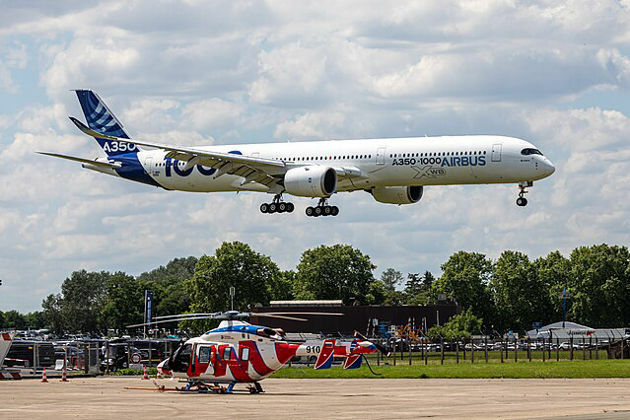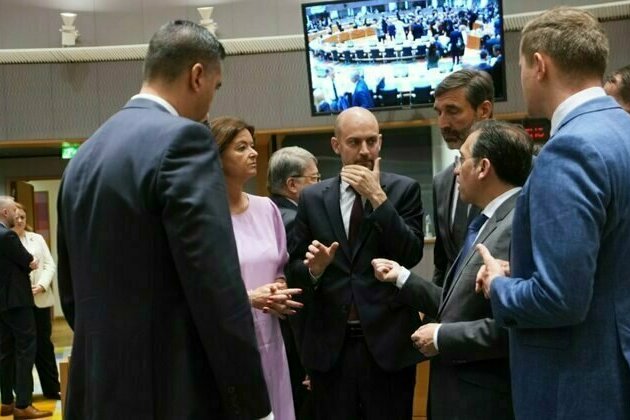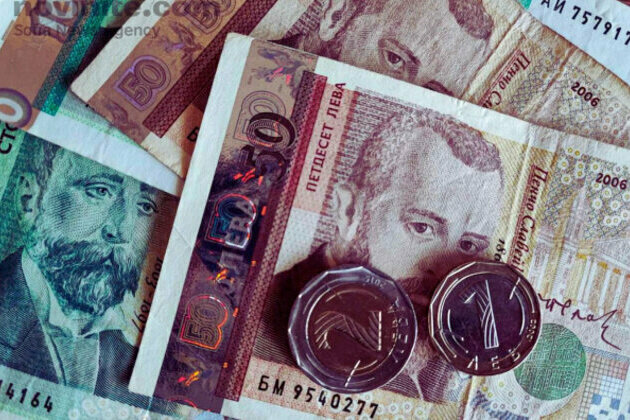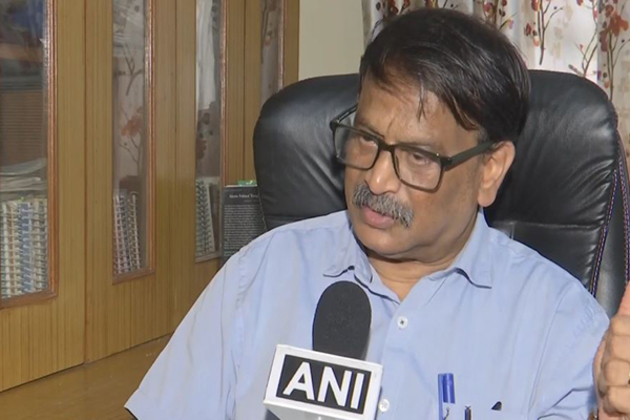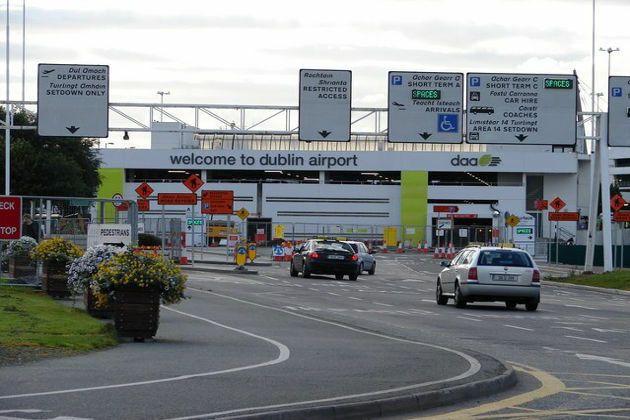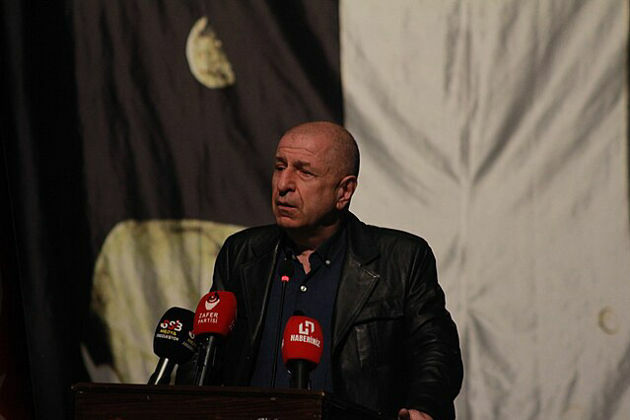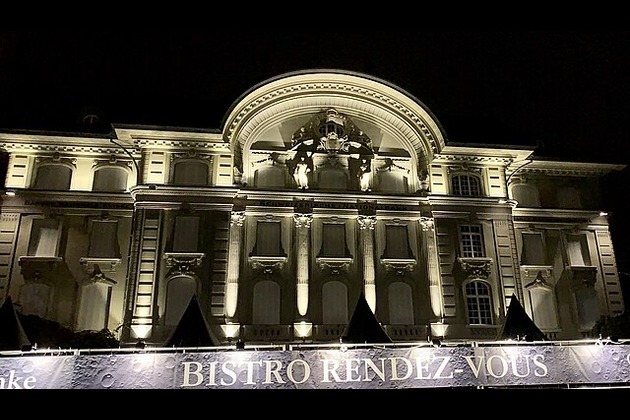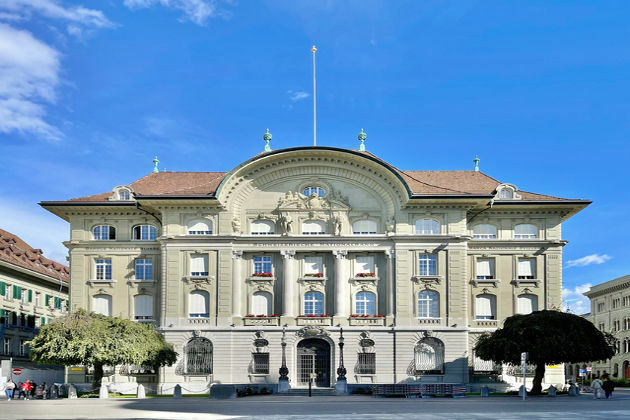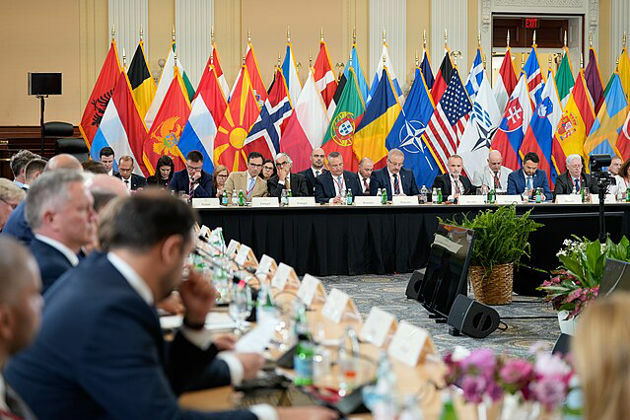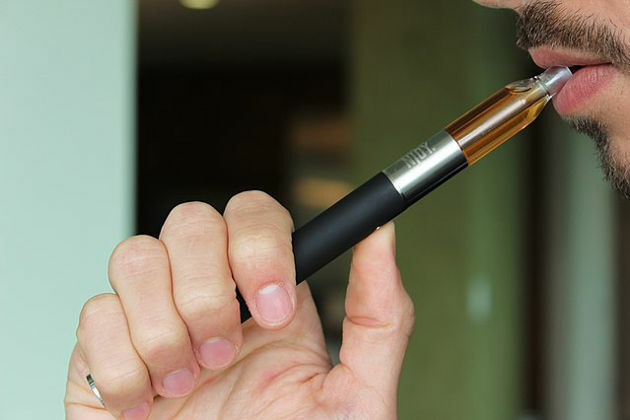Expelled and Forgotten: The Forced Exodus of Bulgarian Turks in 1989
Novinite.com
23 Jun 2025, 18:41 GMT+10
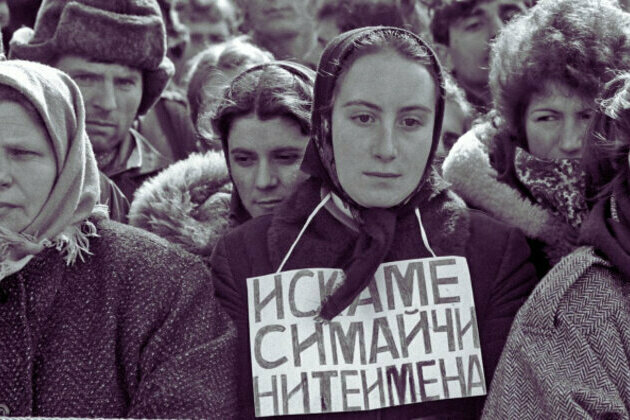
In May 1989, Bulgaria witnessed something unprecedented in its communist era: massive protests that did not unfold in the capital, Sofia, but in villages and towns scattered across the country, writes Diana Ivanova from Radio Free Europe. These protests were led by the ethnic Turks of Bulgaria, who rose up to reclaim the names stripped from them by force. In response, the Bulgarian state expelled them.
One such account comes from Nesrin Filiz, who now lives in Stuttgart. She recalls, ?On May 25, a peaceful demonstration of the Turkish community was organized in Dobrich under the single slogan, ?We want our names.? Early in the morning, my father was detained and imprisoned, while my mother was confined to a room at her factory job, from which she had already been dismissed as a teacher. Days later, my father was expelled with only the clothes on his back. My mother, sister, and our aunt were also given passports. I was the last to leave, checking every window, emptying the fridge, turning off the taps, removing the fuses, locking the door, and leaving our home behind.?
Nesrin's story reflects the forced deportation of more than 300,000 Bulgarian Turks in 1989. She shared her memories in Cologne, where the Bulgarian-German association ?Pamet? organized events dedicated to the May protests.
The term ?May Events? or ?May Protests of 1989? is used to describe these mass demonstrations of Bulgarian Turks against the communist regime. For five years before May 1989, the state had denied Muslims in Bulgaria the right to their names, religion, language, and traditional dress. After the protests, they were denied even the right to remain in Bulgaria.
This entire campaign of forced assimilation, cynically called the ?Revival Process,? was justified by the regime's claim that it was ?reviving? Bulgarian identity in the targeted communities.
Nesrin Filiz's memories are crucial because they reveal how the authorities had already prepared passports for those who opposed the assimilation policies and the totalitarian regime, forcing them to ?voluntarily? leave the country - passports that no ordinary Bulgarian had ever seen.
What do we know about the protests of May 1989?
?I wasn?t born then, but my parents told me how they left Bulgaria shortly after??
?I remember how they kicked us off the bus because my grandmother was wearing traditional Turkish shalwar kameez??
Two recent meetings in Mnster and Cologne sought to shed light on these events, acknowledging the bravery of those who resisted in 1989. When the Turkish minority realized the regime's relentless campaign against them was only getting worse, they rebelled. This was the spark for the May Events.
From May 19 to May 27, 1989, an estimated 25,000 to 30,000 people protested across northeastern Bulgaria. Clashes with police led to injuries and deaths.
On May 29, Todor Zhivkov delivered a televised address, stating that any Muslim Bulgarian dissatisfied with socialism could leave. He urged Turkey to open its borders.
The following day, his speech appeared in all official newspapers. On May 31, the regime staged a massive demonstration in Sofia, with workers denouncing the ?traitors? who sought to leave.
On June 3, the border was officially opened. That summer marked the beginning of a mass expulsion, cynically referred to by many as ?the great excursion.? By August 21, when Turkey shut its borders, over 360,000 people had left Bulgaria. Years later, in 2012, the Bulgarian parliament condemned this as a form of ethnic cleansing by the totalitarian regime.
Back in May 1989, news of the protests reached Bulgarians only through Western radio stations - ?Radio Free Europe,? ?Deutsche Welle,? and the BBC. The state media was silent: no reports, no images, no footage - only the stories of those who lived through it.
Another essential part of this story is the emergence of independent human rights groups in 1988, a factor often overlooked. Inspired by Gorbachev's perestroika and growing dissent across the socialist bloc, Bulgarians formed groups like Ekoglasnost, the Independent Society for the Protection of Human Rights (NDZPR), the Democratic League for the Rights of Turks in Bulgaria, and the Club for Glasnost and Perestroika. These organizations offered hope to the Turkish minority, showing that some Bulgarians supported their struggle.
The NDZPR, led by Iliya Minev and poet Petar Manolov, set a goal: to address the injustices suffered by ethnic minorities at the hands of a regime desperate to cling to power.
Returning to May 1989, the meetings in Mnster and Cologne focused on the role of Zeynep Zafer. Now a professor of Bulgarian at the University of Ankara, she was among the first to protest the forced renaming. She joined the Independent Society, gave interviews to Western media, and worked tirelessly to involve others in the movement.
Zeynep, who was forced to leave Bulgaria in February 1989, continued her activism from Bursa. She watched as more and more Turks in Bulgaria lost their fear - marches, hunger strikes, demonstrations, and rallies grew.
She documented the chronology of the events.
?The atmosphere in Shumen changed dramatically,? she recalled. ?On the first day of Bayram, May 6, about 800-1,000 people attended the morning prayer at the Tombul Mosque. Alyaydin Mehmedov told the Hurriyet correspondent that over 200 people were participating in a relay hunger strike declared that day. It was no coincidence that the hunger strike and the crowd at the mosque happened together,? she said.
The state admitted to nine deaths during the protests, but Zeynep believes there were many more.
The first major protest occurred on May 19 in Jebel, in the Kardzhali region.
The following day, hundreds of people left the village of Pristoe in the Shumen region, heading for nearby Kliment. Their first slogans, ?We want our names,? were scrawled in lipstick on white wedding sheets. More and more people joined them, gathering in front of the Kaolinovo town hall to demand the restoration of their names. Deutsche Welle reported on this demonstration at noon.
Estimates put the number of protesters at 8,000 to 10,000. Clashes with police followed, and a man from the village of Kus was killed - the first known victim of the May protests. Radio Free Europe covered these events in the evening.
On May 21, violence erupted in Todor Ikonomovo during a Turkish wedding. Police arrived to arrest protest participants from Kaolinovo, resulting in three deaths and many injuries.
On May 25, the large peaceful protest took place in Dobrich, the one Nesrin later described.
On May 27, thousands gathered in Shumen's market square. New clashes broke out, with more injuries and arrests.
Western radio stations reported on protests in dozens of towns and villages across Northeastern Bulgaria - Razgrad, Shumen, Varna, Dulovo, Targovishte, Dobrich. From May 19 to May 27, about 25,000 to 30,000 demonstrators filled the streets.
Crucially, none of these protests called for leaving for Turkey or for opening the border. They had three simple demands: to restore their names, to speak Turkish freely, and to practice their religion.
The conversations in Mnster and Cologne revealed how these events have been largely forgotten in Bulgaria's collective memory. Zhivkov's propaganda continues to cast a shadow. Zeynep Zafer still wonders about the term ?to go away,? once used to justify the forced expulsions. ?Where to go away?? she asks. ?We had everything here. Bulgaria was our home.?
Among those gathered were children of the exiled and others who learned about these events through family stories - stories they vow to pass on.
?I will tell my children about this, they must know.?
?I?m leaving with the heavy stories of 1989, and I?ll share them with my children - because nobody talks about this, but it must be remembered.?
?Respect for those who fought for their rights. Let us never forget what they endured.?
After the fall of Todor Zhivkov's regime in November 1989 and the subsequent political changes, a new Bulgarian government acknowledged the injustices of the forced assimilation and the expulsion. In the early 1990s, many Bulgarian Turks began returning to Bulgaria, reclaiming their homes and properties and regaining their Bulgarian citizenship. However, many also chose to remain in Turkey.
One of the key steps taken by Bulgaria's new democratic leadership was to restore the names of Bulgarian Turks that had been forcibly changed during the assimilation campaign. Turkish-language education and the practice of Islam were gradually reintroduced. This process, while complex, marked a significant break with the previous policies of forced assimilation.
In 2012, the Bulgarian Parliament officially recognized the ?Revival Process? as a form of ethnic cleansing and a crime of the totalitarian regime. This acknowledgment aimed to offer some form of historical justice, although calls for more substantial reparations and deeper reconciliation continue.
The returnees and those who had stayed in Bulgaria faced challenges in re-establishing their lives. Property disputes, administrative hurdles, and the lingering impact of years of discrimination complicated efforts to achieve real equality.
Efforts to document and preserve the memory of the ?Revival Process? have included academic research, public commemorations, and educational initiatives. However, the events remain sensitive in Bulgarian society, with some resistance to fully acknowledging the scale of the abuses and integrating them into the national narrative.
 Share
Share
 Tweet
Tweet
 Share
Share
 Flip
Flip
 Email
Email
Watch latest videos
Subscribe and Follow
Get a daily dose of Germany Sun news through our daily email, its complimentary and keeps you fully up to date with world and business news as well.
News RELEASES
Publish news of your business, community or sports group, personnel appointments, major event and more by submitting a news release to Germany Sun.
More InformationEurope Business
SectionLuxury giant Kering bets on outsider de Meo to lead turnaround
PARIS, France: Luxury group Kering's decision to tap Luca de Meo as its next chief is being seen as a daring but necessary attempt...
Aircraft orders expected as Paris airshow opens, despite recent crises
PARIS, France: The Paris Airshow kicked off on June 16, attracting attention with expected aircraft orders, but overshadowed by the...
Hungary's Veto Casts Shadow Over EU Enlargement Talks
A day after the NATO summit in The Hague ends, EU leaders will take the short journey south to Brussels for their regular summer European...
Bulgaria and the Euro: What Happens to National Monetary Sovereignty
One of the most debated topics around Bulgaria's upcoming transition from the lev to the euro is whether the country is giving up its...
"India will have to navigate very cautiously": JNU Academician weighs in on Israel-Iran conflict
New Delhi [India], June 23 (ANI): As tensions escalate between Israel and Iran following US airstrikes on Iranian nuclear facilities,...
"India will have to navigate very cautiously": Ex JNU Academician weighs in on Israel-Iran conflict
New Delhi [India], June 23 (ANI): As tensions escalate between Israel and Iran following US airstrikes on Iranian nuclear facilities,...
Europe
SectionDublin Airport given two years to fix passenger limit breach
DUBLIN, Ireland: Dublin Airport has received a warning for going over its allowed number of passengers. As part of a rule set by...
Critics say Özdağ case aims to silence Erdogan opponents
ANKARA, Turkey: A Turkish far-right politician went on trial Wednesday, facing charges of inciting public hatred—an episode critics...
Europe eases rates as Fed holds and Trump threatens tariffs
ZURICH, Switzerland: A wave of central banks across Europe surprised markets last week by lowering interest rates, responding to easing...
Swiss National Bank responds to strong franc and US trade doubts
ZURICH, Switzerland: The Swiss National Bank (SNB) lowered its key interest rate to zero percent on June 19 to respond to falling inflation,...
The Hague faces lockdown for global leaders' meet
THE HAGUE, Netherlands: The city that prides itself on being a beacon of peace and justice—home to institutions like the International...
Senator Duffy lauds proposed laws against vaping in Ireland
DUBLIN, Ireland: Fine Gael Senator Mark Duffy says new laws to regulate vaping products will help make them less attractive to young...


